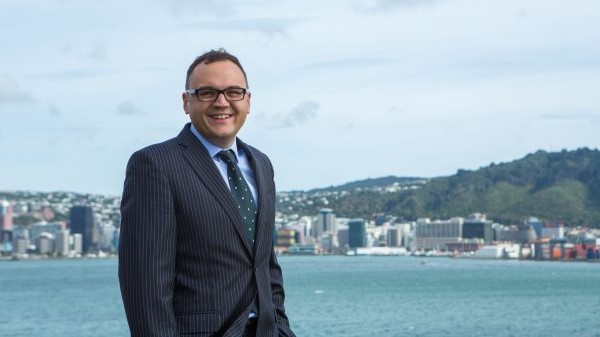Watch and learn so we don’t end up running on empty

In Britain this week we’ve watched mayhem at the petrol pumps as they ran out of fuel due to a shortage of truck drivers. Watch and learn New Zealand, this could be us before long.
There’s a number of lessons to learn from the situation in Britain. It is not just a shortage of fuel they face, there are empty shop shelves everywhere, including in supermarkets. Christmas is looking bleak. People are getting angry and violent. The army is standing by.
That’s what happens when you think it is a good idea to separate yourself from your closest friends – as per Brexit – and you have a shortage of 100,000 truck drivers (as estimated by the UK’s Road Haulage Association).
Also, when the Government says “don’t panic”, well, everyone is going to panic. No one believed there was enough fuel to go around and panic buying ensued, resulting in queues, frayed tempers, and disappointment.
Worker shortages are a growing problem in Britain, which has a record one-million job vacancies. The shortage of truck drivers has been exacerbated by the Covid-19 pandemic and Brexit, which resulted in tens of thousands of EU nationals leaving trucking jobs and other occupations in the United Kingdom.
Prime Minister Boris Johnson’s government has announced a series of emergency measures to address the fuel crisis, including issuing temporary work visas for 5000 foreign truck drivers and suspending competition law to allow suppliers to deliver fuel to rival operators.
But when you cross your friends off the list, and then try and say you didn’t mean to, well, no one is buying that either.
Edwin Atema of the Dutch FNV union, which represents truck drivers in the Netherlands, told the Brits in no uncertain terms what EU drivers think of them and their temporary work visas.
He stunned the conservative listeners of BBC Radio 4 by swearing live on air. He made it clear that there are major issues with the freight haulage industry throughout Europe, but also warned Britain that “the EU workers we speak to will not go to the UK for a short-term visa to help UK out of the sh*t they created themselves”.
Pre-Brexit, most of the truck drivers in Britain were from elsewhere in Europe and a lot of them went home because of both the pandemic, and Brexit. So there just aren’t enough people to drive the trucks that distribute the fuel across Britain.
According to the Petrol Retailers Association, which represents about 60% of the UK’s fuel sellers, between 50% and 90% of pumps ran dry in some areas.
So where are the similarities and what do we need to watch for? We already have a shortage of truck drivers. We are a small island nation reliant on trade that has shut ourselves off from the world for 20 months and counting, with no end in sight. Business experts interviewed on RNZ this week said our closed borders have become a problem and the rest of the world is bemused by our stance as other countries open up.
Business people report their customers referring to New Zealand as a “totalitarian state”. The workers they have sent offshore because they cannot travel back and forth have customers joking that if they go home, they have to “go into prison”. And the tales of the many flaws in our MIQ system flood the media and social media.
Business people say small businesses are likely to move offshore, at least to Australia, which will be open by December.
It won’t be just businesses moving offshore. There are driver shortages everywhere and after a couple of years of being locked up, the pastures will be looking greener for our truck drivers anywhere but here. If the Brits were smart, they’d be looking here to recruit drivers, not in the EU where their cold shoulder is being returned in double.
To keep our drivers and recruit new ones, we need to offer inclusive workplaces, good conditions, support and mentoring, and a career path. For these reasons, we started up our Te ara ki tua Road to success traineeship this year. It’s going well and some quality people have entered the industry via this traineeship. We need to retain them and offer them that rewarding career. But we can’t do that on our own.
The Government needs to be clear with business what their plan is to open up New Zealand so freight and people can flow in and out, and so we don’t have a country running on empty.
By Nick Leggett, CEO, Ia Ara Aotearoa Transporting New Zealand





